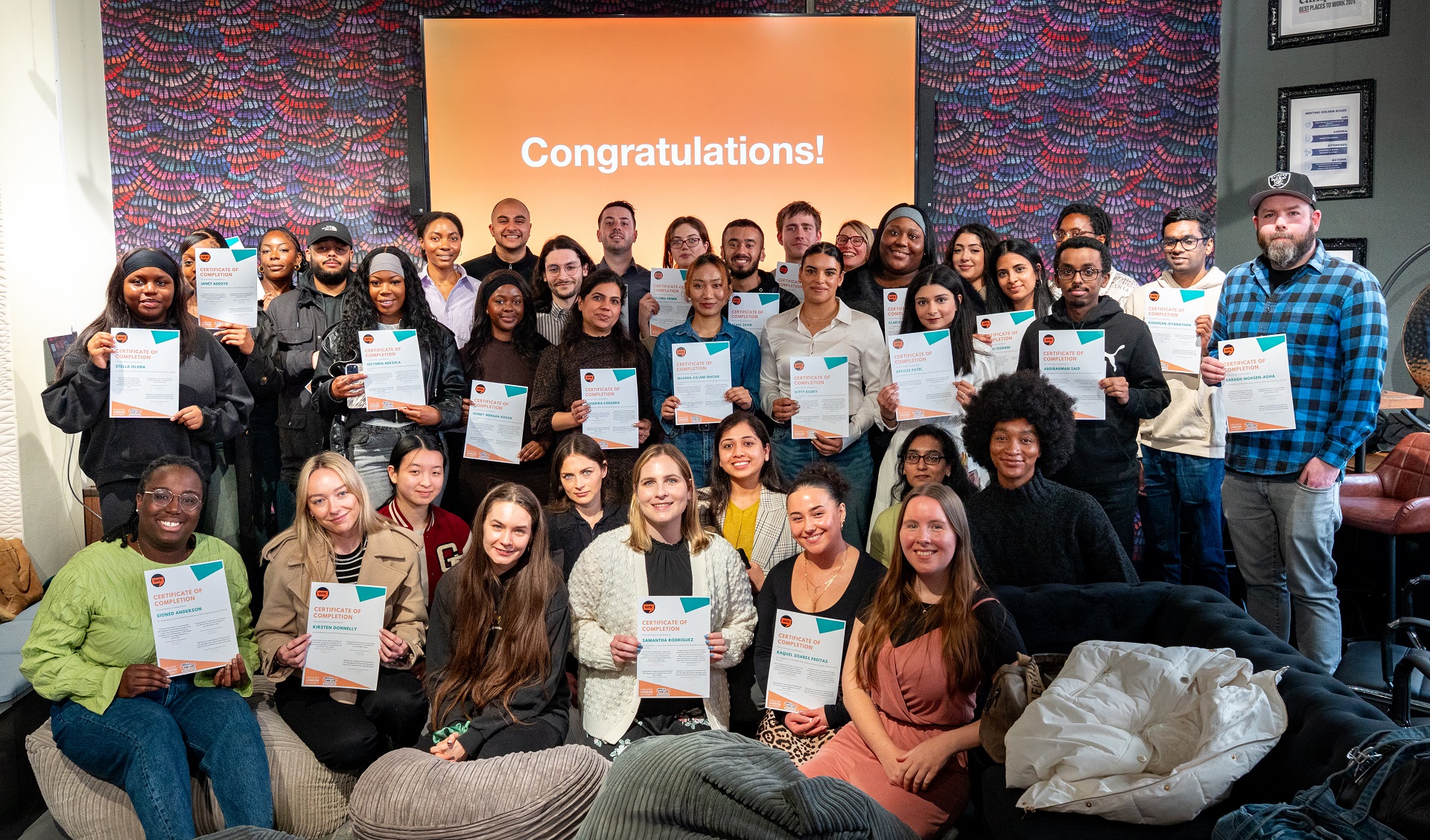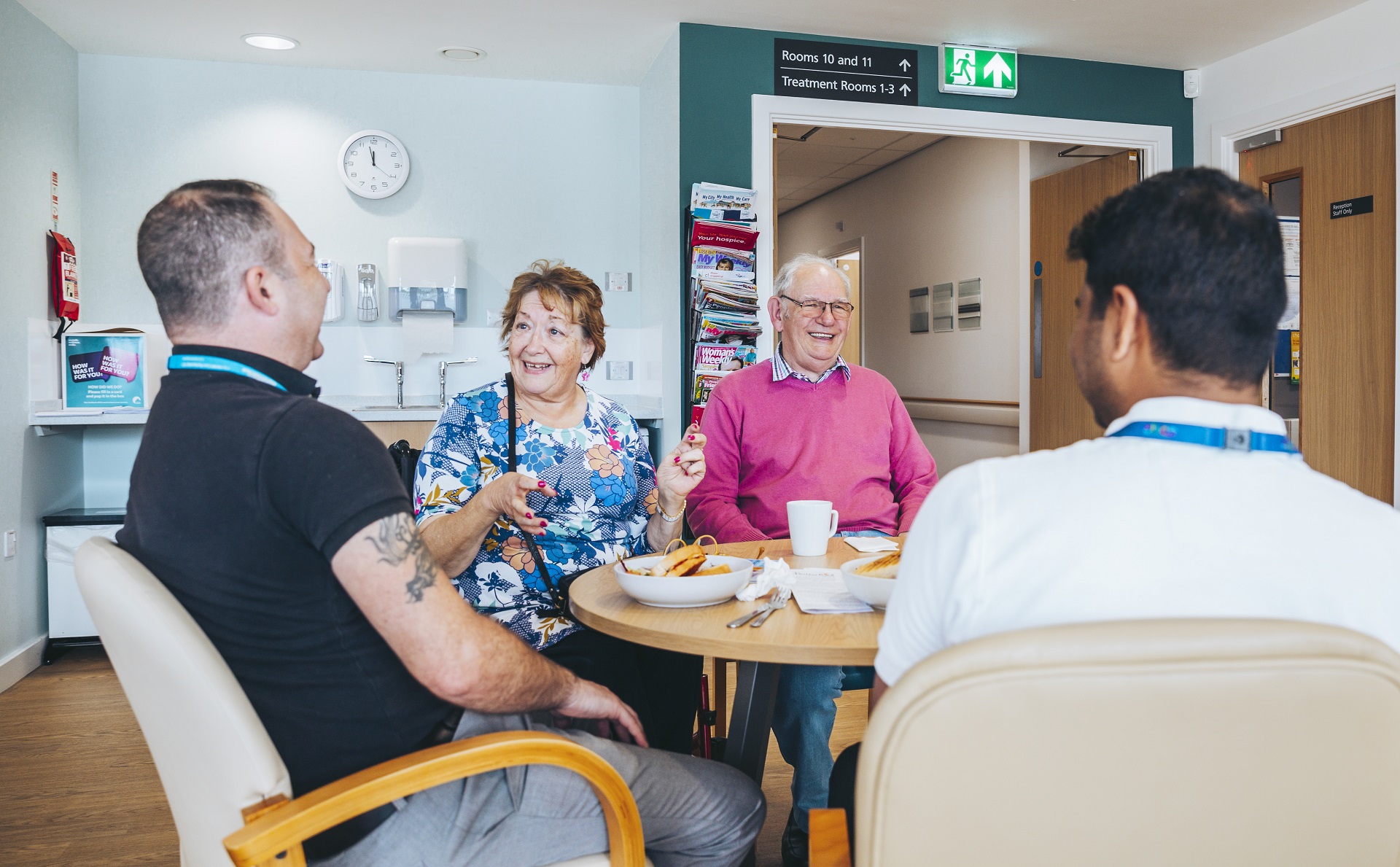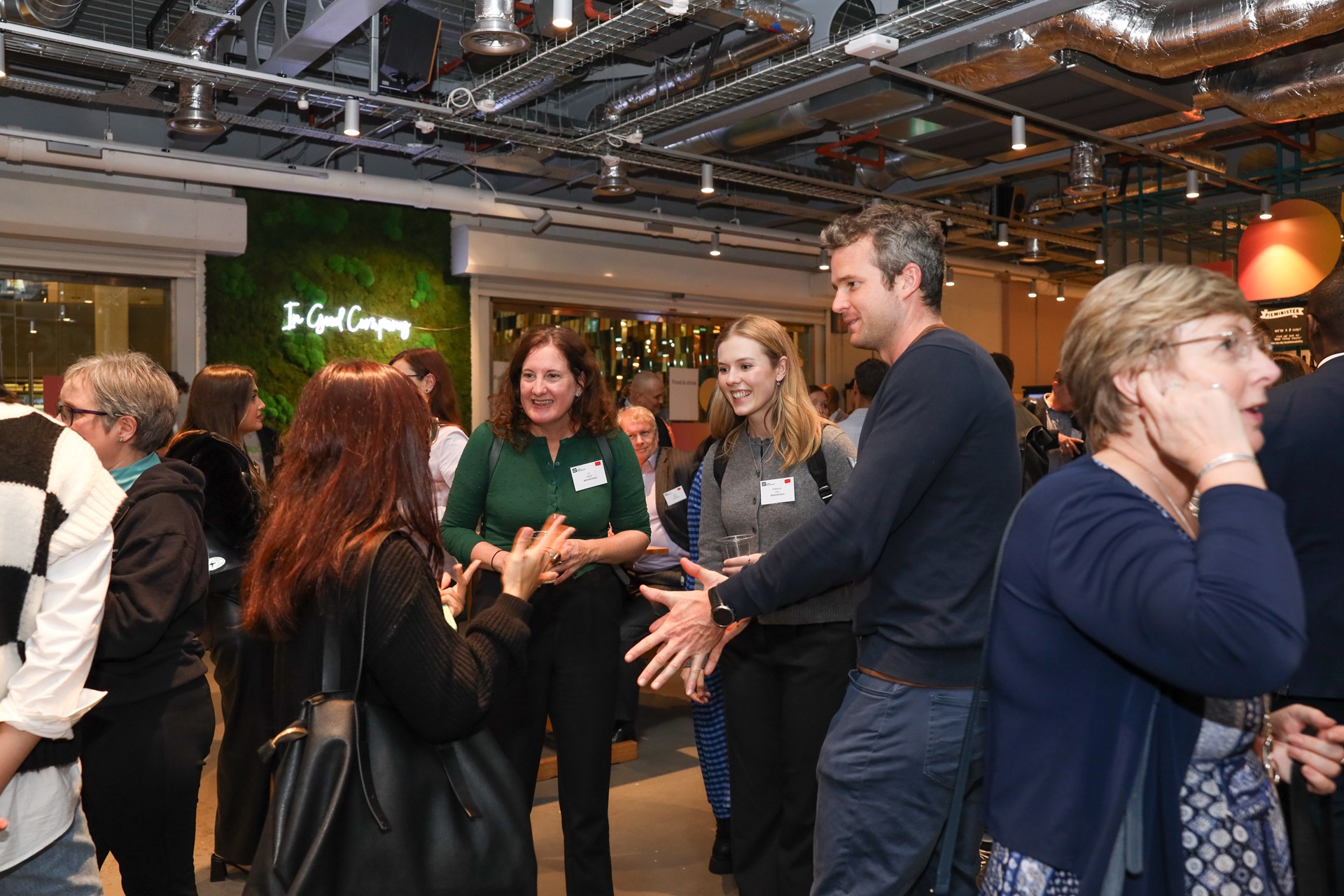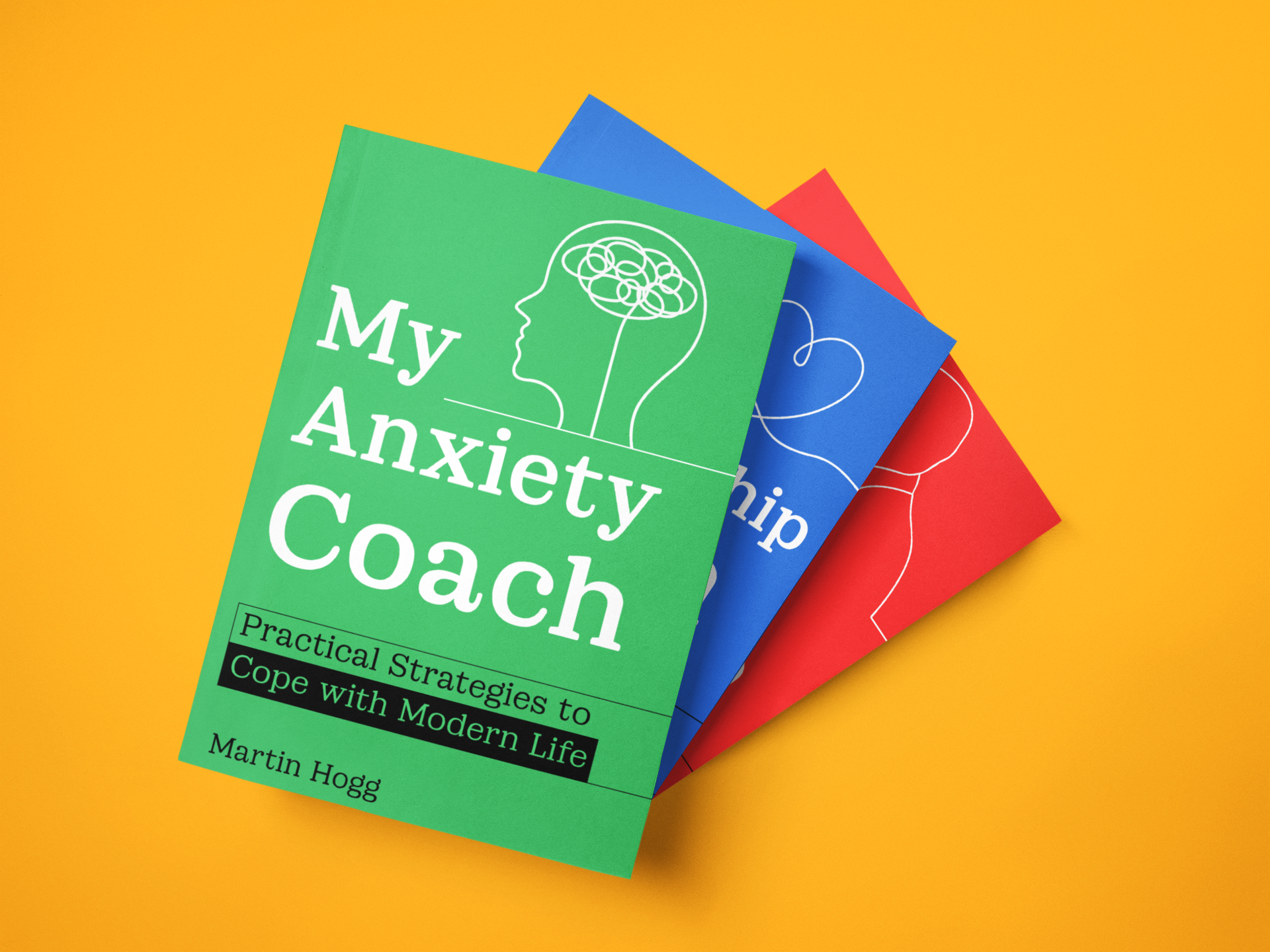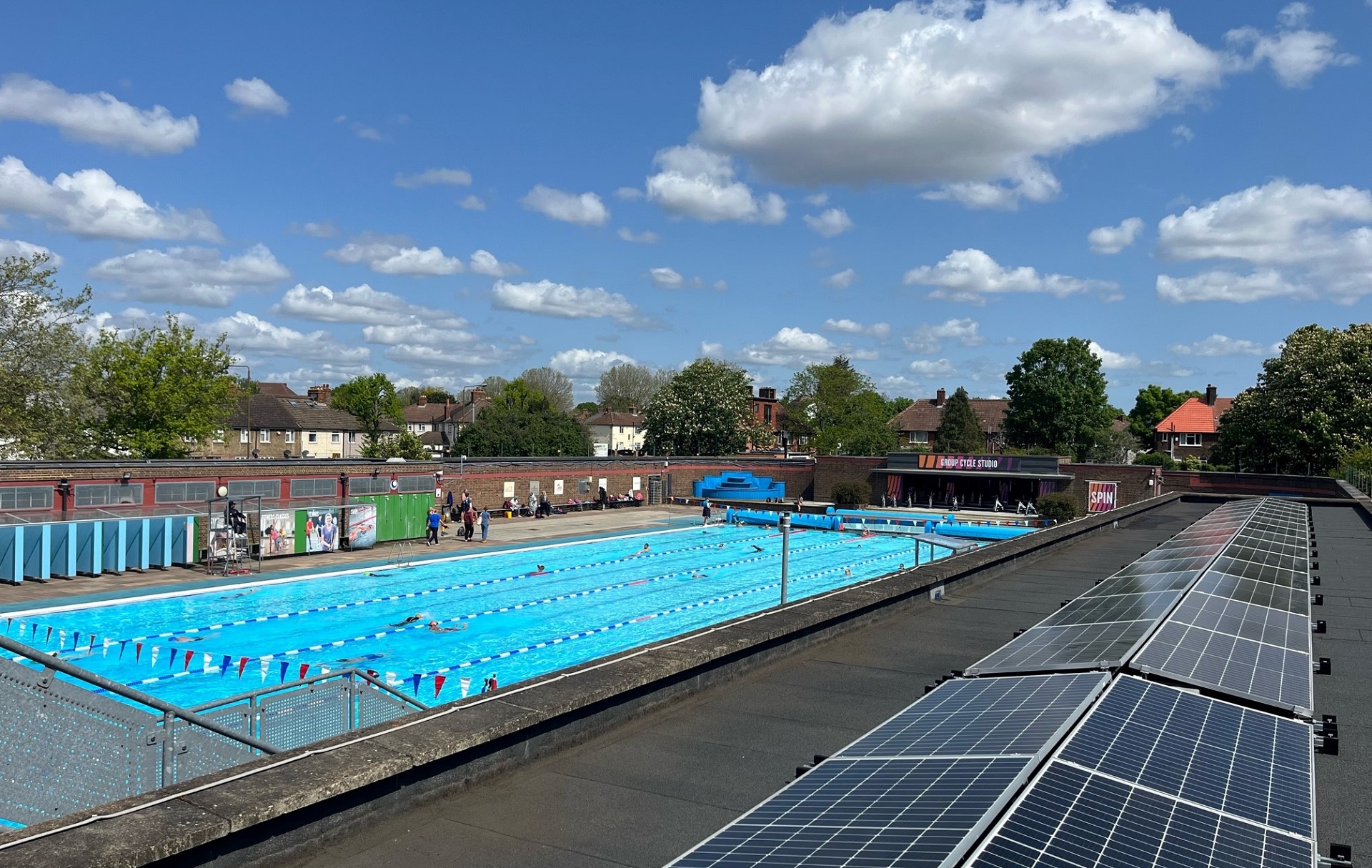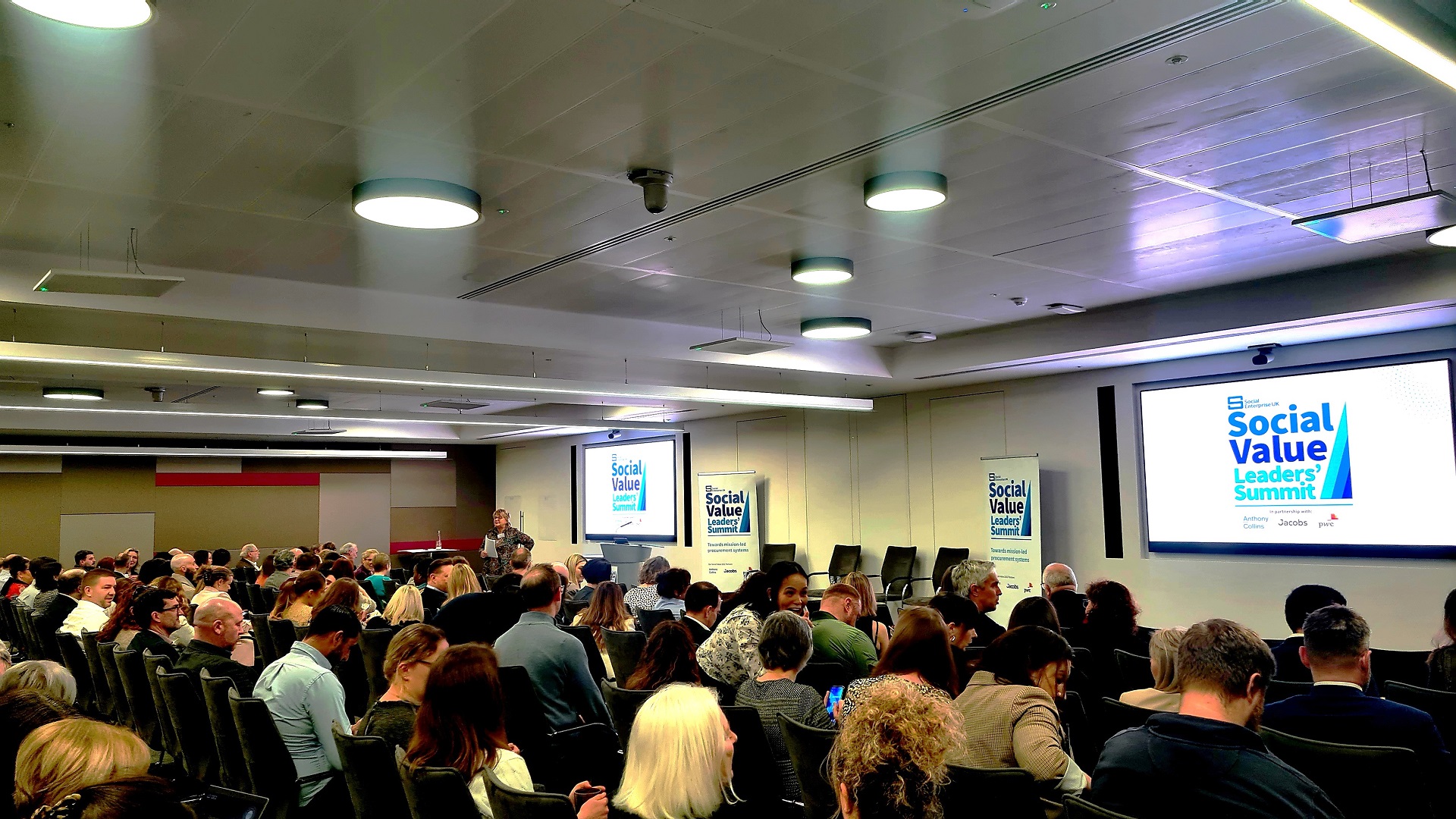
Member updates
How to protect your social enterprise from cyber attacks
Introducing an exclusive offer for Social Enterprise UK members from cyber insurance specialist Coalition and the team at Keegan & Pennykid Imagine opening your laptop one morning to check the accounts of your social enterprise, only to see a number of transfers have been made to a supplier you don't recognise. You try to open your email to check the notifications you're always sent when you make payments but you're locked out. What's going on? According to insurer Coalition, the average claim from not-for-profits resulting from cyber breaches (when someone gains unauthorised access to your data) is £86,500. That covers the cost of investigating the breach, removing criminals from your systems, and restoring data and functionality. It doesn’t include legal fees, business disruption, or the potential reputational hit. When you’ve bought off-the-shelf security software, it’s easy to assume your data is safe. But how many of us take the time to ensure that software is properly configured to suit our organisation's needs? A big part of cyber security is simply knowing what to look for. For instance, many social enterprises rely on email to communicate with supporters, clients, and staff. But are those emails encrypted? Is two-factor authentication enabled for logins? If hackers gain access to your inbox, they may also get hold of customer details, intellectual property, and other sensitive information. In the worst cases, this can create serious legal and reputational risks. More broadly, who’s actually responsible for cyber security in your organisation? Are their responsibilities clearly defined? Have you allocated any budget to this area? If you’ve got concerns about your cyber security, we’re here to help. Taking control of cyber risk Social Enterprise UK (SEUK) members can now access Coalition Control, a cyber security risk management platform, for free, thanks to our long-standing supporter member, Keegan & Pennykid. Keegan & Pennykid are independent, family-owned insurance brokers with a UK-wide reputation for ethical, expert advice to individuals, businesses, social enterprises, and charities. This is just one of the many benefits of SEUK membership. By joining, you're not only part of a business network committed to social justice and sustainability – you can benefit from offers like this from supporter members. Your membership also supports research that helps demonstrate the value of social enterprise to government, which has led to favorable policy. Members also gain access to exclusive events and resources. Learn more about SEUK membership. Here’s how the cyber security risk platform works. Coalition Control scans your organisation’s entire digital footprint - including your domains, IP addresses, apps, and services - and flags potential risks like data leaks and phishing vulnerabilities. It then highlights data leaks and phishing risks. The platform provides a clear view of your most pressing cyber threats and helps you take action before they turn into problems. It gives you a prioritised list of vulnerabilities, so you can focus on the ones most likely to cause damage. This means you can build your cyber resilience in a practical, step-by-step way—making your organisation more secure and less vulnerable to attack. In fact, Coalition has found that users of its platform experience 64% fewer claims than those who don’t have access. To help you explore this further, we’re running exclusive SEUK member webinars to demo the platform and answer any questions. Here are the details To register, sign into our Members' Area and click on RSVP. If you're a member but have not yet registered to our online community please get in touch with us at membership@socialenterprise.org.uk 1. Taking Control of Cyber Risk – 22 May, 12pm Cyber-attacks against non-profit organisations are increasing at an alarming 63% year on year. During the first of our free webinars on cyber security presented alongside our colleagues at Coalition, we will provide practical advice on what your organisation can do to better protect itself. 2. Cyber resilience and Coalition Control – 5 June, 12pm As mentioned above, Coalition Control provides a clear view of your most pressing cyber threats and helps you take action before they turn into problems. In this webinar we’ll show you how the Coalition Control platform works, demonstrating how straightforward and easy it is to use. We’ll also be considering what you can do to make your organisation more cyber resilient. 3. Cyber insurance – 12 June, 12pm The focus for this session will be the vital role that cyber insurance plays within the cyber risk management process and how better protecting your organisation may not be as daunting as perhaps you might think. Remember, these webinars are exclusive to members. Join the world’s largest social enterprise network.
4 min

